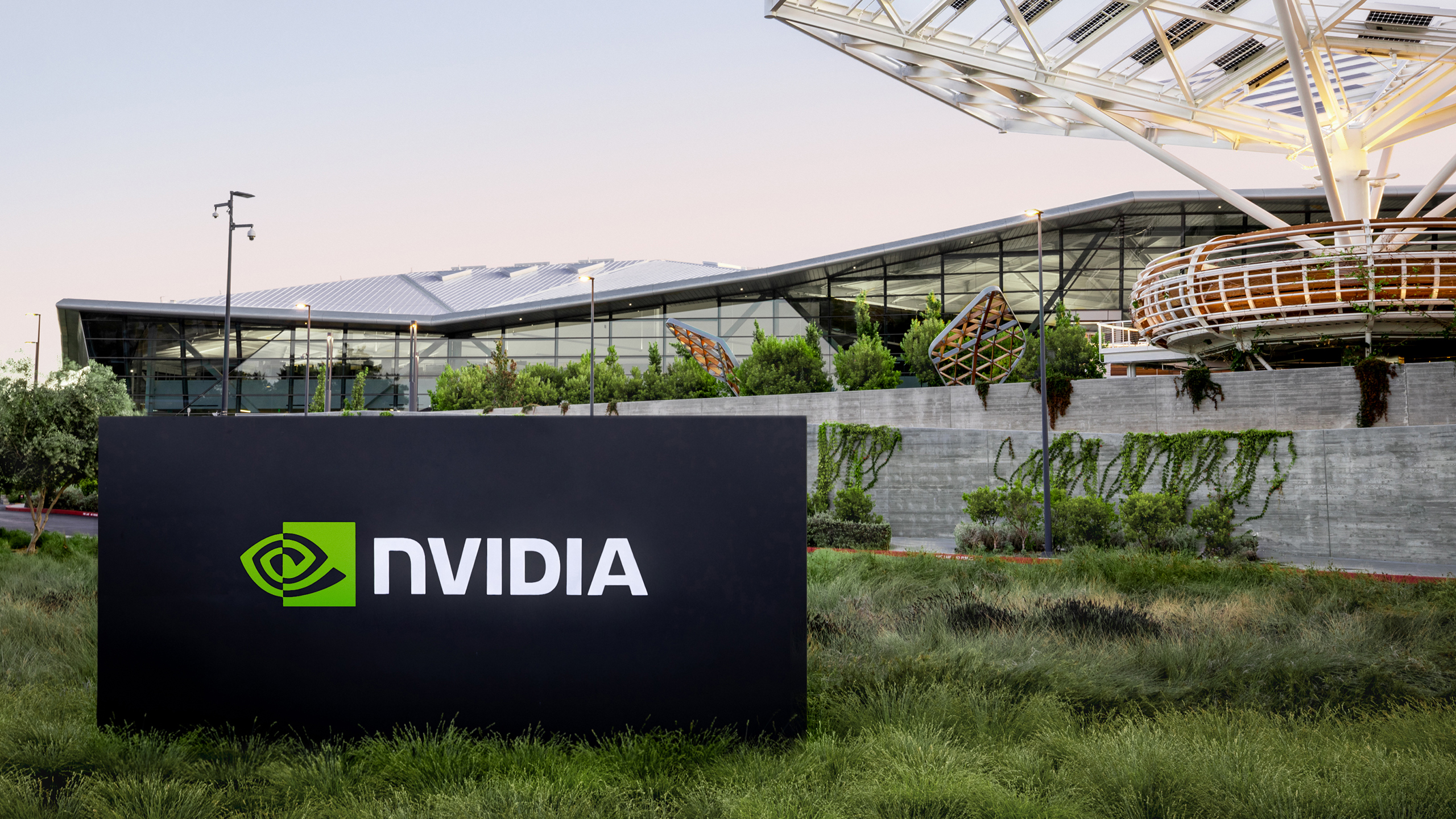Nvidia plans to invest up to $100 billion in OpenAI, marking an unprecedented financial and strategic alignment between the leading AI hardware provider and one of the best-known developers of artificial intelligence models. However, the deal raises major antitrust concerns among legal experts and policymakers over potential market imbalance, as in both cases the investment can impact competitors of both companies, reports Reuters.
A lot of concerns
In response, a representative for Nvidia stated that the company's commitment to all of its clients remains unchanged. The spokesperson emphasized that having a financial interest in any one partner would not affect how the company serves others, assuring that every customer will continue to receive the same level of attention and service.
Additionally, if OpenAI prefers hardware from Nvidia over hardware from its rivals, such as AMD, or even its own processor developed in collaboration with Broadcom, then Nvidia will get an unfair advantage. Keeping in mind that OpenAI is believed to have acquired $10 billion worth of custom-built AI processors from Broadcom, it is unlikely that it won't deploy them, but now that Nvidia will provide OpenAI hardware worth tens of billions of dollars, the AI company will continue to do more work on Nvidia's hardware rather than on competing processors.
OpenAI currently operates as a non-profit but is pursuing a transition to a for-profit public benefit corporation. This structural change is meant to facilitate investment while maintaining oversight by the original non-profit entity. The arrangement with Nvidia does not provide governance rights — only financial participation — and may depend on regulatory approvals in states like Delaware and California, where OpenAI is registered.
Multi-phase agreement
Nvidia and OpenAI finalized the $100 billion deal after weeks of private negotiations between chief executives Jensen Huang and Sam Altman, reports CNBC. The companies came to final terms just before a major infrastructure reveal in Texas on Monday, which is surprising given the scale of the deal. While the agreement is inked between Nvidia and OpenAI, the data centers that the latter will build will be a part of the Stargate project, according to CNBC.
The initial phase of the agreement involves Nvidia investing $10 billion to help OpenAI deploy 1 GW data center using Nvidia's upcoming Vera Rubin chips, with construction slated to begin in the second half of 2026. According to Nvidia CEO Jensen Huang, the total cost per gigawatt is around $50 billion: $35 billion is for Nvidia hardware and $15 billion is for facilities and other infrastructure, which implies that Nvidia is not financing the entire build-out. OpenAI would still need to secure roughly $40 billion per gigawatt from other sources.
The subsequent phases of the plan include scaling compute capacity to 10 GW, which would require the full $90 billion investment from Nvidia and $400 billion from OpenAI. The company has not disclosed how it plans to obtain the remaining capital, nor has it confirmed whether it shares Nvidia's cost assumptions.
Interestingly, Nvidia’s initial $10 billion input is based on a $500 billion valuation for OpenAI, but CNBC claims future investments will be based on OpenAI's valuation at the time, so could fluctuate. There is also no specific timeline for when the full 10 GW of capacity will be operational or when the remaining $90 billion will be deployed.
Bigger picture
U.S. regulators have previously flagged the risk of major technology firms leveraging their existing dominance to control emerging AI markets. Officials from the Department of Justice have emphasized the importance of averting exclusionary practices in the AI supply chain, including restricted access to processors and compute infrastructure.
The potential effects extend beyond hardware. Oracle recently disclosed that it had signed large-scale cloud contracts with OpenAI and other clients, boosting its valuation. With Nvidia's investment potentially strengthening OpenAI's financial position, Oracle's revenue projections may appear more credible, something that will address investor concerns about OpenAI's ability to fund such commitments, according to Reuters.
Follow Tom's Hardware on Google News, or add us as a preferred source, to get our up-to-date news, analysis, and reviews in your feeds. Make sure to click the Follow button!

 3 months ago
12
3 months ago
12










 English (US) ·
English (US) ·